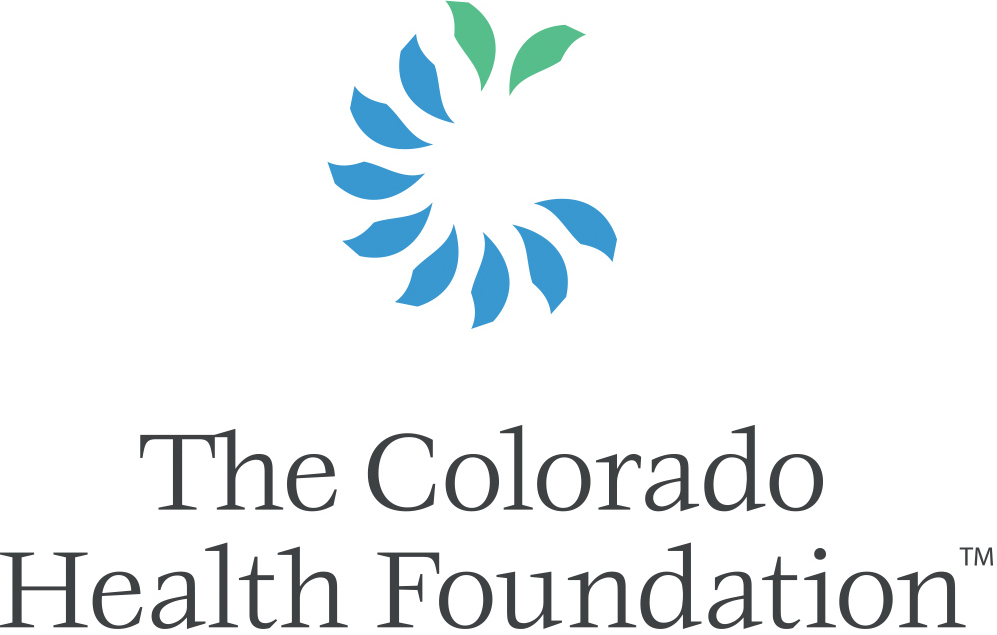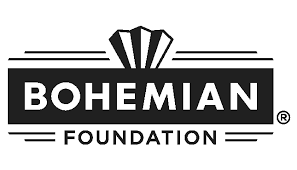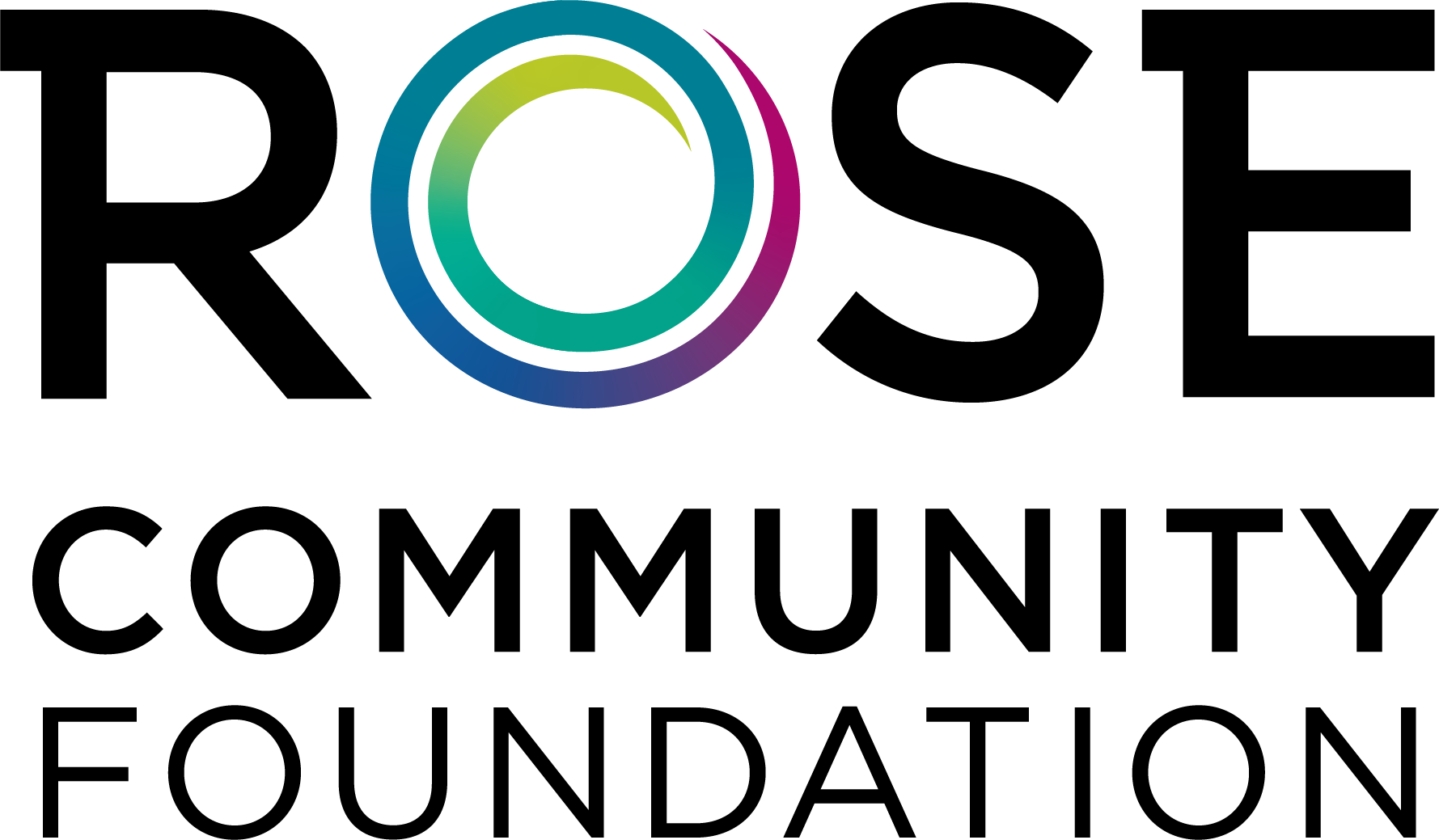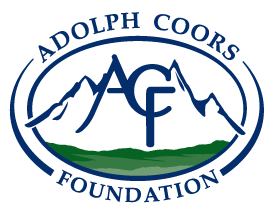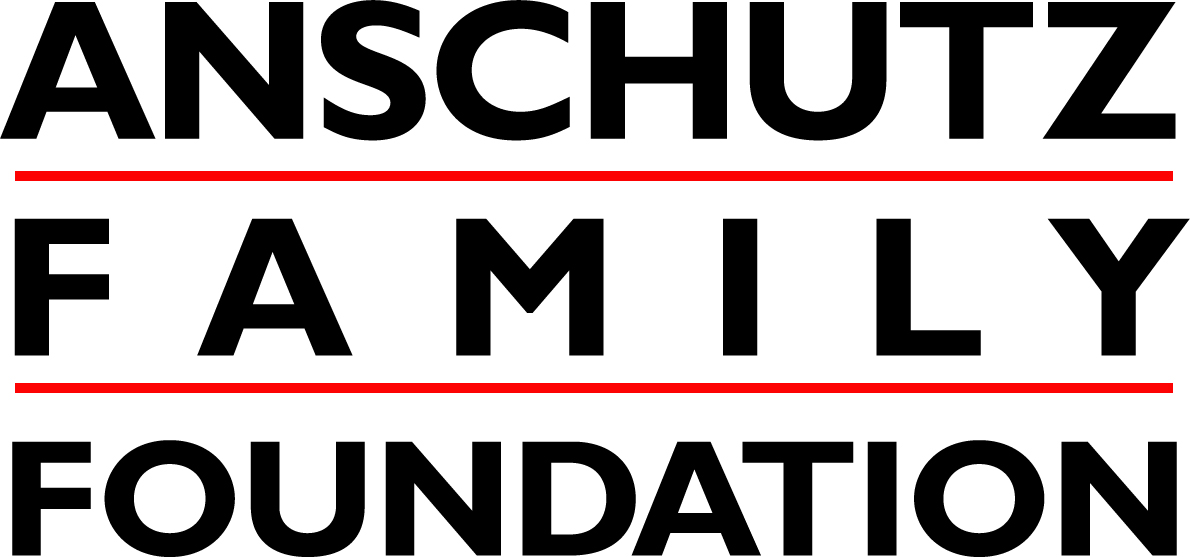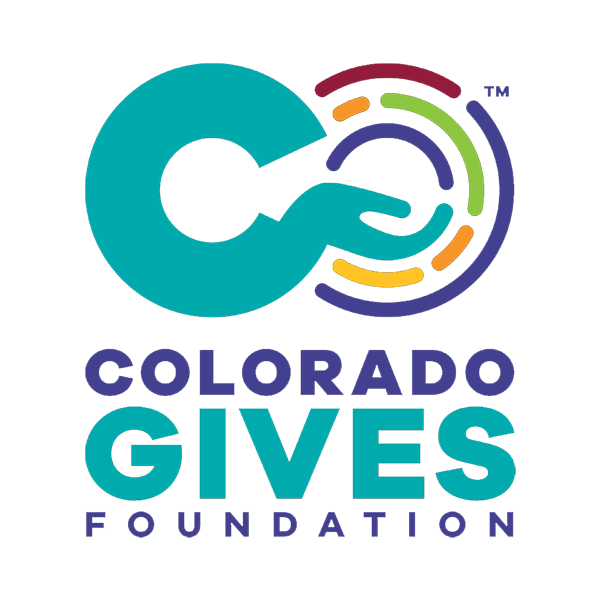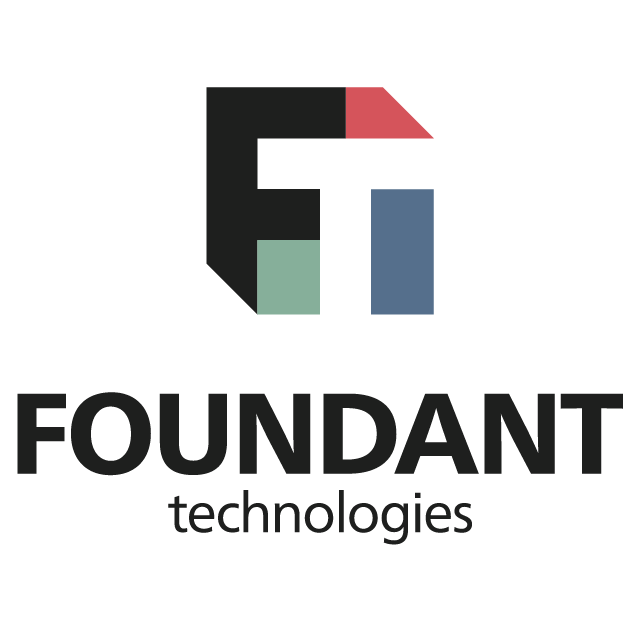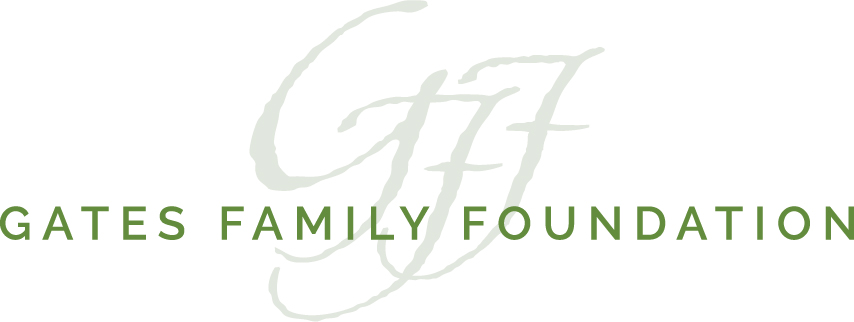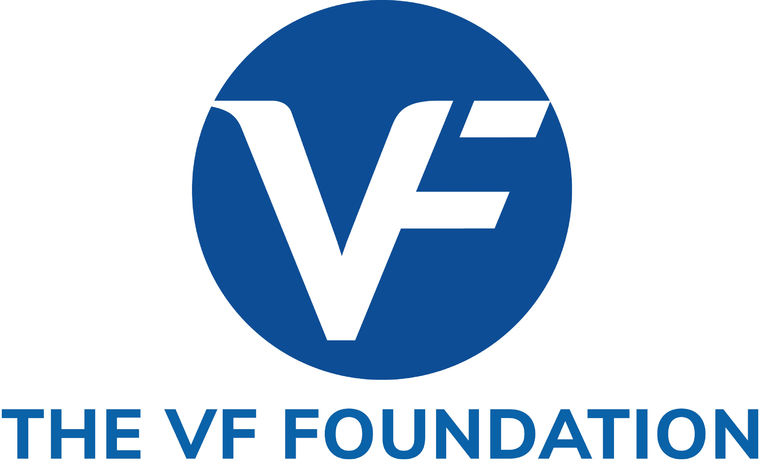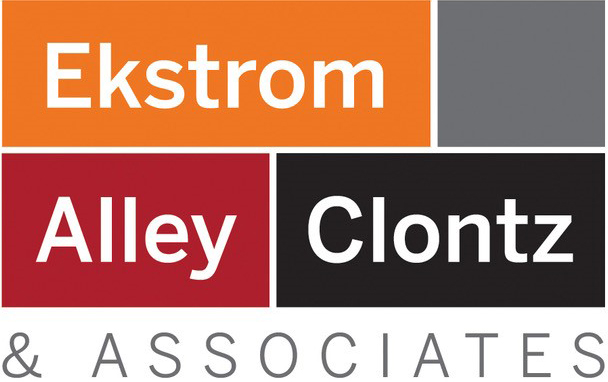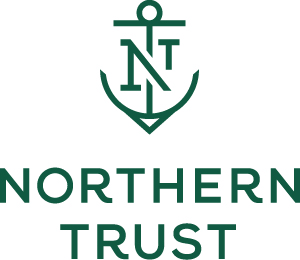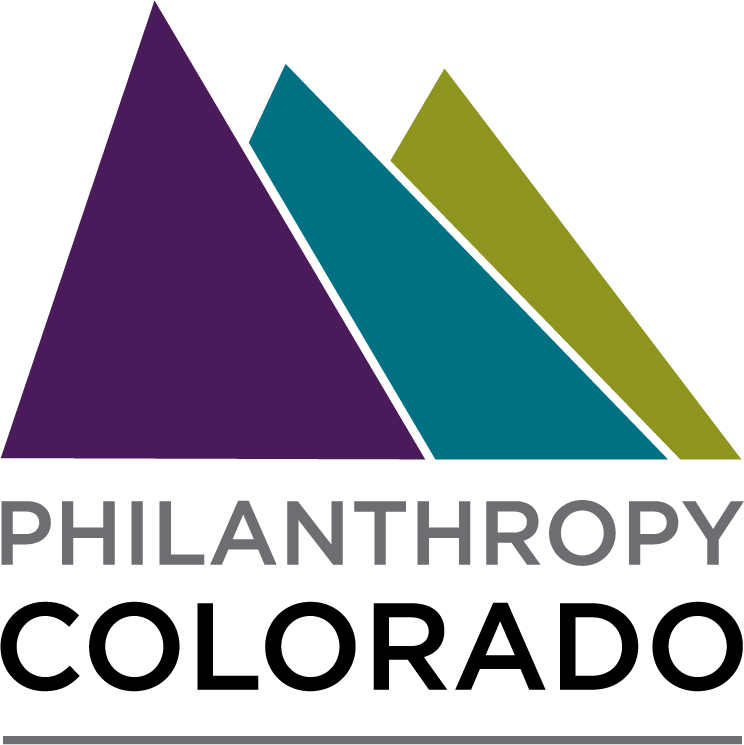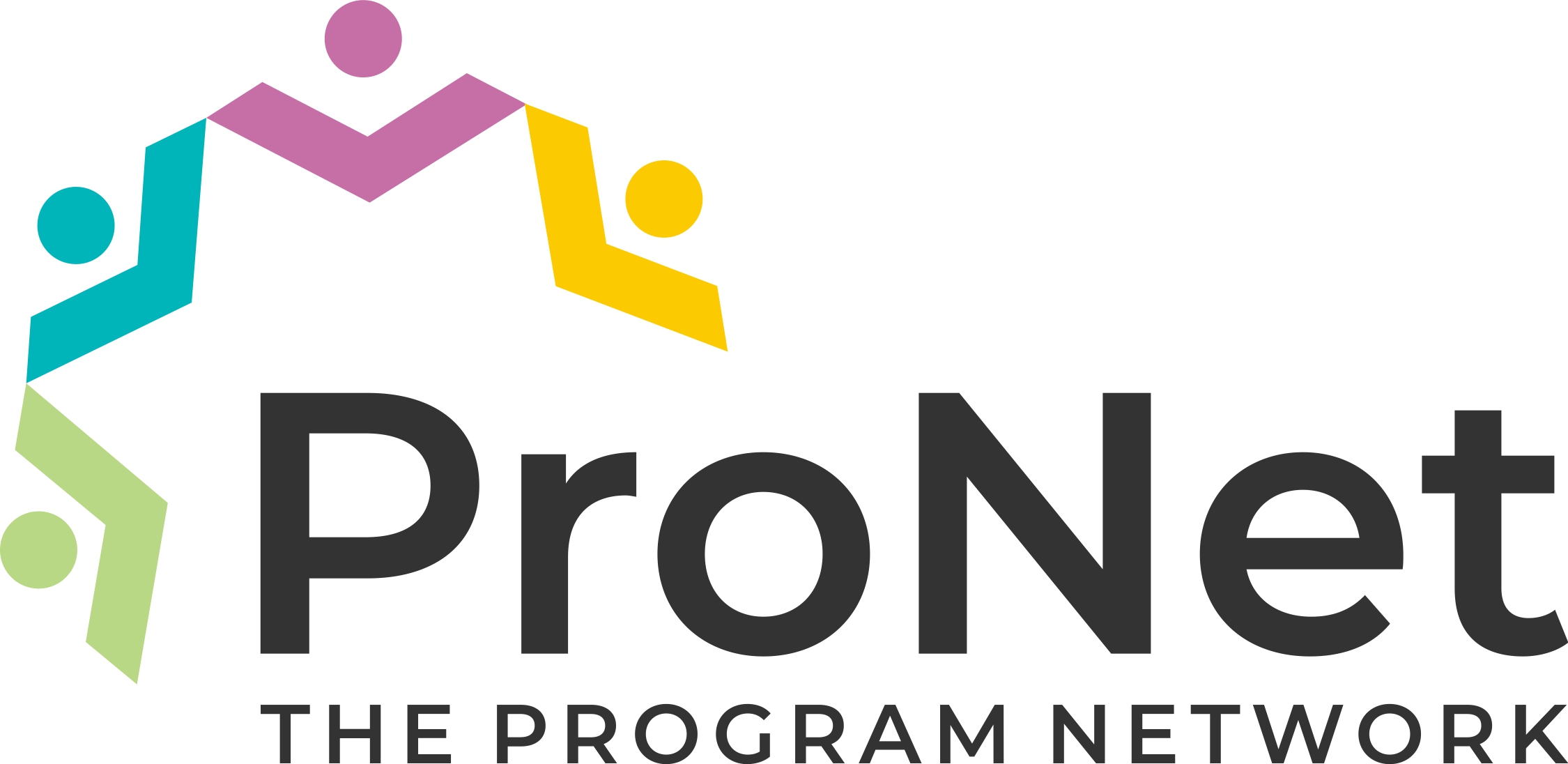Leading Locally 2023 - All Programming
Conference Sessions
Tuesday, June 13
Philanthropic foundations increasingly recognize that listening to the people at the heart of their work, who are the most affected by their programs and often the least consulted, is essential. Listening, done well, leads to more effective programs and more equitable outcomes. But what if you hear something you can't respond to, or that doesn't fit into your strategy? In this session, participants will explore how listening along with other funders could enable them to collectively address more of the needs and opinions that community members voice. Participants will get a chance to reflect on what collective listening could look like in their context, and the challenges or barriers they might encounter.
Session Designer: Megan Campbell, Senior Director of Programs & Strategy, Feedback Labs
In this introduction to creative placemaking at the intersection of music, community building and public space, hear from a national placemaking funder and one of their grantee partners about place-based strategies Attendees will walk away with funding and donor strategies to support place-based work in communities with flexibility and through an equity-centered lens, following the lead of grantees and partner organizations to realize the potential impact of a placemaking project, as well as the ability to identify existing community assets and engage community members.
Session Designer: Sharon Yazowski, Executive Director, The Mortimer and Mimi Levitt Foundation
What does it look like to lead as a funder? In this session, the foundation staff will discuss their approach to leading by listening, which included convening numerous listening sessions with diverse stakeholders in the Arkansas-Mississippi Delta region to support true community-driven change. Delta grantees will share how their grassroots approach to education and youth engagement, economic asset building, and coalition and capacity building helped them achieve an inclusive strategy guided by the voices of the community.
Session Designer: Kathryn Heller, Senior Communications Officer, Walton Family Foundation
If you’re just getting started with participatory grantmaking, join this session to learn about this community foundation’s community-led grantmaking committee that drives their grantmaking process. By moving away from previous exclusive grants selection committees, they can center the voices of those in historically marginalized communities and focus on community problem solving with an intentional equity lens. This session will highlight their evaluation of these efforts, lessons learned, and the rewards of engaging community in decision-making.
Session Designer: Akilah Wilson, Communications Manager, Evanston Community Foundation
Join this session for a thoughtful exploration of Community-Centric Fundraising (CCF) and how it is informed by community impact, needs, and voices to invite donor engagement and support improved outcomes for everyone. Park City Community Foundation will share the principles of their CCF model, what they’ve learned (and had to re-learn), and what a fundraising model centering an entire community might mean for your organization. They'll discuss who is best positioned to talk about needs and opportunities and explore how those needs are shared in fundraising conversations to invite donor engagement. You'll learn from their experience and insight into Community-Centric Fundraising, as well as encourage and kickstart these efforts at your organization.
Session Designer: Tim Bresnahan, Senior Director of Gift Planning, The Chicago Community Trust, and Board Member, AdNet
The nation’s first civic leadership program designed specifically to connect people with disabilities to positions of influence and power on foundation boards, commissions, task forces, and grassroots leadership opportunities was a collaborative funder initiative. This initiative, now called Disability Lead, highlights how funders can ensure that voices of the most historically excluded are included at local tables of power and influence. Learn more from this place-based model how connections with the disability community are an essential component of making our foundations truly inclusive and supporting people who are disabled in positions of leadership is key to building equitable communities.
Session Designer: Gail Fuller, Program and Communications Director, Disability & Philanthropy Forum
What happens when a foundation makes a grant to a potential hate group? How do you have the important conversations that inform the development of values-aligned grantmaking policies? And how do you engage your board, your staff, and your community before there’s a problem? Join this session to hear from your peers about how and why their foundations created policies to prevent the funding of hate. Then engage in a roleplaying activity designed to put you in their shoes—how would you react, and what steps must a foundation take next?
Session Designer: Nidale Zouhir, Government Affairs Manager, Council on Foundations
In urban and rural neighborhoods across the United States, some religious properties are falling into disrepair as congregations struggle to keep up with increasing maintenance costs for what are, in some cases, historically and architecturally significant community assets. Join Berks County Community Foundation and Partners for Sacred Places to (a) learn how they worked together to survey the condition of older and historic religious properties in Reading, Pennsylvania, (b) consider some of the survey's interesting findings, and (c) discover ways other communities have supported and/or repurposed underutilized religious properties of significance.
Session Designer: Heidi Williamson, Chief Strategy Officer, Berks County Community Foundation
Wednesday, June 14
Co-founders and leaders of Philanthropy Bridging Divides will lead an interactive session discussing how place-based funders and community foundations can be leaders in the national effort to bridge the partisan divide in America today. While Washington is riven with polarized ideological rhetoric, philanthropy has the unique opportunity to provide safe civic space and remind us that while we may have different opinions about some issues, there are many values that we have in common. Attend this session to learn how you can use your role in philanthropy to bridge divides in your community.
Session Designer: Chris Gates, Director, Philanthropy Bridging Divides
In 2020, ABFE issued a challenge to philanthropy to let the passion of the racial uprisings and protests inspire them to generate bold and effective ways to uplift the Black community. Over 60 Black Foundation CEOs designed and signed on to a commitment to leverage their power and position to dismantle structures and false narratives about Black communities. Now known as the Umoja Circle network, leaders will share their stories of building a healthier, more robust, and better resourced Black community, and help attendees strategize and operationalize their work to address anti-Black racism.
Session Designer: Tahira Christmon, Vice President, External Affairs, ABFE
This session is reserved for Current CEOs and Executive Directors.
Embedded in the role of the foundation CEO lies a unique challenge: bridging, bonding, and building common ground, not only across differences in our communities, but also in the daily work of a foundation. Foundation leaders can show up in radically different ways when building relationships – from the boardroom to the staff meeting to community events – sometimes across pronounced differences of class, race, age, gender, etc. This panel examines how foundation CEOs can build common ground and trust in all their relationships with integrity, grace, and effectiveness.
Session Designer: Daniel Lee, Executive in Residence, Council on Foundations
Arts in Society funds projects that integrate arts and culture with other disciplines to improve the health and well-being of Coloradans. This session will explore how a collaborative funding program by a group of place-based funders can enhance each of our ability to address our respective missions. Also addressed will be the role of the operator of the program, and how they serve as a thought partner, not just a re-granter, for example operating a highly effective learning community with the grantees.
Session Designer: Gary Steuer, President & CEO, Bonfils-Stanton Foundation
Our closing plenary is focused on love. Our communities bring our lives joy and meaning. But growing isolation and polarization can fray our connection to our communities – and to each other. In this plenary session, we ask: “How can we embody love for our neighbors and our communities?” Our speakers will explore how philanthropy can support people and communities to build civic engagement, to connect across differences, and to be of service to each other and the places that bind them.
There are multiple valuable ways to approach equity discussions, and these conversations can be very locally oriented and tailored to meet communities where they are while growing their equity work in a community-specific way. This session will focus on the nuanced equity work occurring in rural Midwestern communities, centered in the belief that individuals in rural places can destigmatize equity work and engage in making their communities more welcoming by centering the work in the concept of belonging. Asking "does everyone in our community feel as though they belong?" begins this meaningful and important conversation that can improve the quality of life in our rural places.
Session Designer: Bridget Dierks, Vice President of Programs, Community Foundation of the Ozarks
With a focus on the Service Year Impact Communities Model, learn about how philanthropy, Service Year programs, local government agencies and elected officials, community leaders, educational institutions and other stakeholders are working together to implement this model locally to match talent with community needs and drive place-based collaboration for civic renewal.
Session Designer: Maureen K. Eccleston, Director, Community Partnerships, Service Year Alliance
